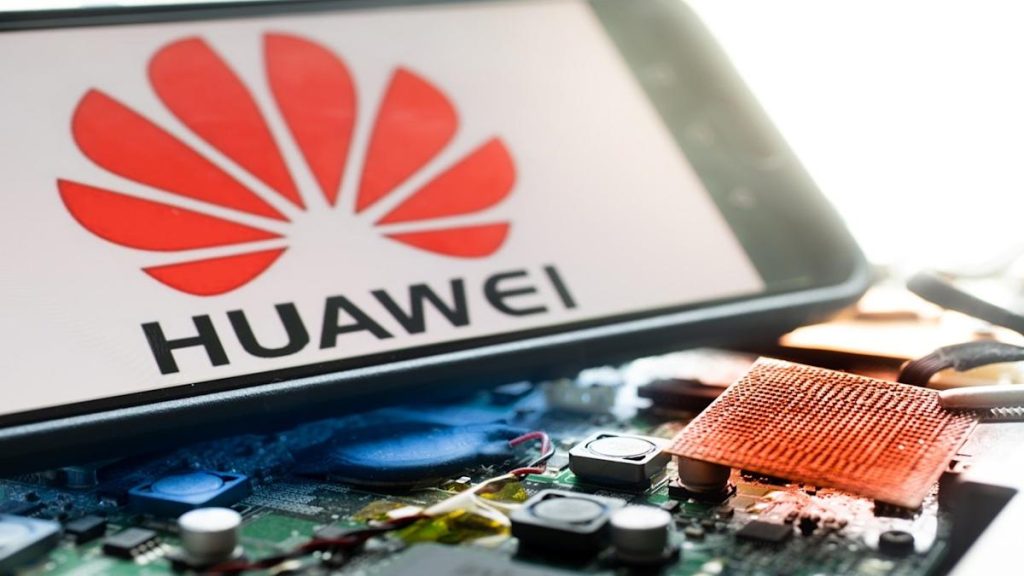Chinese unicorn Z.ai, previously known as Zhipu AI, has adapted its GLM AI models to function with Huawei Technologies’ semiconductor offerings.
The Beijing-based start-up announced that its GLM models are now compatible with Huawei’s Ascend processors, which are integral to AI servers, as well as Kirin chips utilised in smartphones and laptops, reported SCMP.
In a statement, Z.ai remarked, “The tie-up marks a major breakthrough in cloud-device collaboration between home-grown large [language] models and computational architecture, highlighting the deeper integration of a domestic AI ecosystem.”
This partnership with Z.ai is said to represent a significant achievement for Huawei, occurring shortly after the company revealed plans to open-source its Compute Architecture for Neural Networks (CANN).
This software toolkit is essential for developing applications on Huawei’s Ascend AI processors and aims to provide developers with an alternative platform for creating applications on domestic chips.
The open-source initiative allows public access to the source code of a programme, enabling third-party developers to modify its design or enhance its capabilities.
CANN is positioned as a competitor to Nvidia’s proprietary Compute Unified Device Architecture toolkit, which has been the preferred development platform for many Chinese AI developers, particularly given the widespread use of Nvidia’s graphics processing units in various data centres.
The collaboration with Z.ai is expected to further reinforce Huawei’s strategy to promote the adoption of locally developed processors for AI initiatives.
In July 2025, Huawei’s Ascend computing division became one of the founding members of the Model-Chips Ecosystem Innovation Alliance, which includes companies such as StepFun, Infinegence AI, SiliconFlow, MetaX, Biren Technology and Enflame, as well as AIluvatar Corex, Cambricon Technologies, and Moore Threads.
Z.ai indicated that it plans to utilise CANN for fine-tuning its GLM models on Huawei’s Ascend-powered cloud computing infrastructure, demonstrating the toolkit’s open-source potential.
In June 2025, OpenAI, the creator of ChatGPT, acknowledged that Z.ai, then operating under the name Zhipu, had made “notable progress” in delivering infrastructure solutions to governments and state-owned enterprises in non-Western markets.
Z.ai has secured more than 10bn yuan ($1.4bn) in funding and submitted pre-initial public offering documents to China’s securities regulator in April, with aspirations for a public listing as early as 2026.

